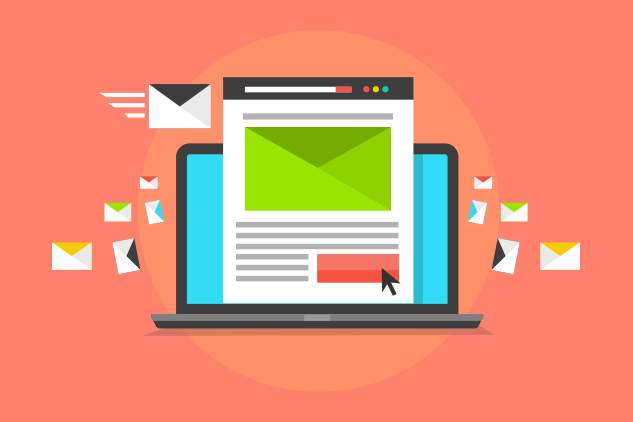Even the most sophisticated of email campaigns will fail to fetch your business the desired results should you fail to get your email cadence right. What is email cadence? Simply put, it concerns itself with when you send your emails and how often you do- email timing and frequency. Your cadence is directly responsible for how much engagement and ROI you are able to generate, eventually determining whether you can outshine your competitors or not.
Struggling to figure it out? We’ve got you covered. Today we share with you a host of best practices that will allow you to get right on top of your email cadence marketing. Excited to find out? Here are 5 ways to hit the bull’s eye.
-
Figure Out the Best Day and Time for Your Audience
The trickiest aspect of email timing is that there is no set of defined principles. What works for your competitor, might not work for you- email timing is vastly subjective. Yes, generally weekdays have been observed to register higher engagement rates than weekends, but there is no guarantee that it will hold up for your business. Similarly, when it comes to time, multiple studies espouse multiple conclusions. To a large extent, the industry to which your business belongs determines your email timing. For instance, entertainment brands prefer communicating over the weekends while SaaS and B2B operators enjoy better fortunes during the weekdays. Hence, figuring out which days and time slots work best for your audience should be your topmost priority. How do you go about it? Well, there are no shortcuts. You’ll have to test out different permutations and combinations until you crack the code.
-
Let Customer Life Cycle Be Your Guide
One of the best ways to get your cadence right is by basing it on your customer’s life cycle. Suppose, you are in the fashion industry. Here, customers exhibit a higher repeat purchasing frequency. So, it is alright to send your subscribers around 7-8 emails per week, because chances are that they are always on the lookout for something new. Now, let’s imagine you are in B2B. You deal with office equipment. The gap between two successive orders is substantially higher compared to fashion because here the customers are making long-term investments. Besides the occasional maintenance, the buyer won’t be seeking much assistance from your end. Doesn’t make sense, then, to send them daily emails, does it?
-
Take ALL Your Emails Into Account
Never lose sight of the fact that your email marketing strategy comprises emails of several kinds- promotional, notification, sales, recommendation, and the like. So, from your perspective, you might be sending just one email from each category to your subscribers, but for them, you are spamming them with nearly 10-12 emails every week. They’re not aware of the distinctions between your emails, and they’re not supposed to be either. The onus is on you to take note of your entire email repertoire and curate your send frequency such that it doesn’t overwhelm your subscribers. Negligence in this aspect will not just earn you the annoyance of your contacts but also the ire of ESPs and ISPs who are extremely intolerant to unregulated send volumes. Last thing you’d want for your meticulously crafted email is to end up in spam, isn’t it?
-
Change As Per the Season
Different times of the year call for different cadences. Your sending frequency during high-traffic periods like Thanksgiving, Halloween, Black Friday, Cyber Monday, and New Year’s ought to be higher compared to the rest of the year. Accounting for seasonal changes occasionally requires you to act in the literal sense of the word as well. Let us elaborate. Based on historic trends, an ecommerce business wouldn’t send emails to their subscribers on a weekend. However, say on a particular weekend, heavy snowfall or rain has been forecast. Things change now, don’t they? The forecast means cancelled weekend outings, increasing the probability of people spending time in front of their systems and checking their inboxes. So, for a change, the company stands to gain by communicating with their customers during the weekend.
-
Put Control in Subscriber’s Hands
The whole reason why businesses prioritize email cadence is to improve their subscriber’s user experience. So, why not begin with putting the control in their hand? Invite your audience to set their own preferences; decide the frequency with which they want to hear from you. More often than not, subscribers opt out of brand communications because they get overwhelmed with their email frequency. Thus, by allowing your readers to specify their email preferences, you can avoid this fate.
Wrapping It Up
When you start focusing on your email cadence, you learn to keep your customers at the centre of your email marketing strategy, and that, in turn, will tremendously amplify your business’ returns. We hope the tips and tricks shared above have helped strengthen your understanding of email cadence.







